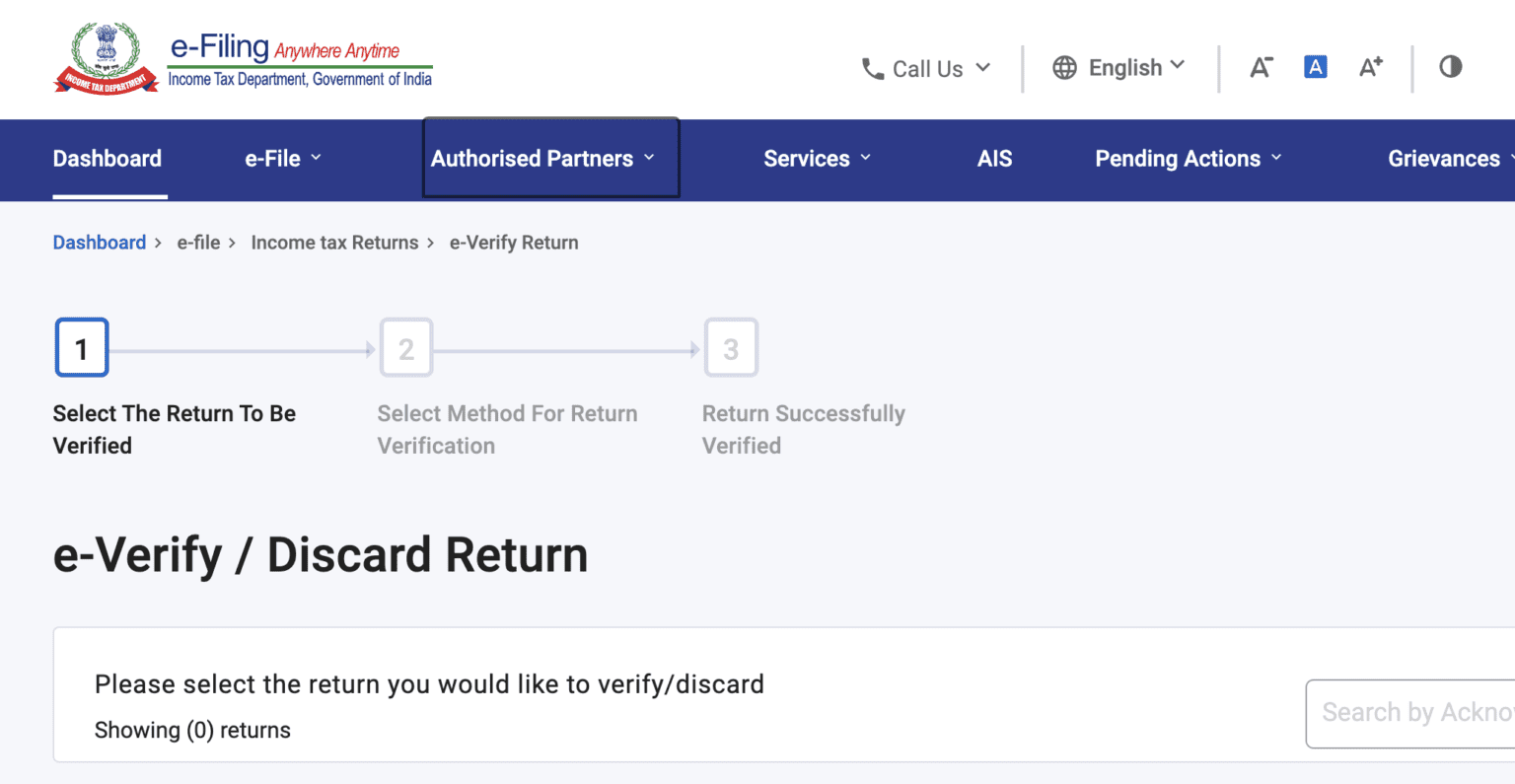Section 12A of the Income Tax Act, 1961, deals with the registration and conditions for exemption for charitable or religious trusts or institutions in India. This section provides provisions for obtaining and maintaining the Section 12A Registration under the act to avail tax benefits for such trusts or institutions.
- Eligibility: Charitable or religious trusts or institutions can apply for registration under Section 12A to claim exemption on their income and enjoy various tax benefits.
- Application Process: The trust or institution needs to apply for registration by submitting Form 10A to the Income Tax Department. The application should include details about the objectives, activities, and financials of the organization.
- Registration Approval: The Income Tax Department examines the application and verifies the trust’s genuineness and compliance with the provisions of Section 12A. If satisfied, the department grants registration under Section 12A.
- Validity: Provisional Registration under section 12A is valid for 3 years thereafter NGO’s has to apply for permanent registration under 12A which is valid for next 5 years. Once registered, the exemption under Section 12A remains in effect unless it is canceled or withdrawn by the Income Tax Department. However, the trust or institution needs to comply with certain conditions to maintain the registration.
- Compliance Requirements: Charitable or religious trusts or institutions registered under Section 12A need to comply with various provisions such as maintaining proper books of accounts, submitting annual income and expenditure statements, and utilizing the income for charitable or religious purposes.
- Cancellation of Registration: The Income Tax Department has the authority to cancel the registration under Section 12A if the trust or institution violates any conditions or engages in activities that are not in line with the objectives mentioned in the application.
- Tax Benefits: Once registered under Section 12A, the trust or institution becomes eligible for tax benefits, such as exemption from income tax on the income earned by the organization.
Eligibility Criteria
To be eligible for registration under Section 12A of the Income Tax Act in India, a charitable or religious trust or institution must meet certain criteria. The eligibility criteria are as follows:
- Existence as a Trust or Institution: The organization must be established as a trust or institution. It should have a valid legal existence and be registered under the appropriate laws governing trusts or institutions in India.
- Charitable or Religious Nature: The trust or institution must be established for charitable purposes or for the advancement of any religious or spiritual objectives. Charitable purposes can include relief of poverty, advancement of education, medical relief, preservation of environment, and promotion of any other object of general public utility.
- Non-Profit Motive: The trust or institution must operate on a non-profit basis, meaning its activities should not be carried out with the intention of making a profit or benefiting any individual.
- Utilization of Income: The income generated by the trust or institution should be used solely for charitable or religious purposes. It should be applied towards furthering the objectives of the organization and not for the personal benefit of the trustees or any other individual.
- Compliance with Income Tax Act: The trust or institution should comply with the provisions of the Income Tax Act, including maintaining proper books of accounts, filing annual income tax returns, and adhering to the rules and regulations specified by the Income Tax Department
It’s important to note that meeting the eligibility criteria is necessary but not sufficient for obtaining registration under Section 12A. The Income Tax Department examines the genuineness and compliance of the trust or institution before granting registration. It evaluates the activities, objectives, financials, and other relevant factors to determine if the organization qualifies for tax benefits under Section 12A.
Conditions under Section 12A to maintain the validity of the registration
Organization needs to ensure that it continues to fulfill the conditions specified under Section 12A to maintain the validity of the registration. Some common conditions that need to be adhered to include:
- The organization should be exclusively engaged in charitable or religious activities.
- Its income should be applied solely towards charitable or religious purposes.
- The organization should maintain proper books of accounts and other records.
- The organization should file its annual income tax returns on time.
- Changes in the activities or structure of the organization should be intimated to the Income Tax Department.
Process for Section 12A Registration
Section 12A of the Income Tax Act, 1961 in India provides tax exemption to charitable or religious organizations. To obtain registration under Section 12A, you need to follow the process outlined below:
- Eligibility Criteria: Ensure that your organization meets the eligibility criteria for registration under Section 12A. It should be a trust, society, or a non-profit company engaged in charitable or religious activities.
- Application Form: Obtain Form 10A, which is the application form for registration under Section 12A. You can visit the official website of the Income Tax Department www.incometaxindia.gov.in.
- Required Documents: Gather the following documents to be submitted along with the application form: a. Copy of the organization’s registration certificate (Trust Deed, Society Registration Certificate, or Certificate of Incorporation). b. Copies of audited financial statements and income-expenditure statements for the last three years. c. Copies of the organization’s PAN card and PAN cards of the trustees/board members. d. Details of activities carried out by the organization and their impact. e. Copy of the organization’s bank statements for the last three years. f. Any other relevant documents supporting the organization’s charitable or religious nature.
- Prepare the Application: Fill out Form 10A for Provisional Registration/ 10AB for Permanent Registration carefully, providing accurate information about your organization, its activities, and financial details. Ensure that the application is signed by the authorized person, such as the managing trustee or director.
- Submission: Prepare multiple copies of the completed application along with the supporting documents. Submit the application to the jurisdictional Principal Commissioner/Commissioner of Income Tax (Exemptions) office. You can find the applicable office based on your organization’s location on the Income Tax Department’s website.
- Verification and Approval: The Income Tax Department will review your application and may conduct an inspection or inquiry to verify the genuineness of your organization’s activities. If satisfied, the department will grant registration under Section 12A and issue a registration certificate. This registration is generally granted for an indefinite period, but the department may cancel it if there are subsequent violations of the provisions.
Cancelation of section 12A registration under Income tax act
If an organization fails to comply with the conditions mentioned above, the Income Tax Department has the authority to cancel or revoke the Section 12A registration certificate. Additionally, changes in the law or regulations may also impact the validity of the certificate.
FAQ's
Section 12A registration refers to the provision under the Income Tax Act that allows certain entities to apply for registration as charitable or religious organizations, enabling them to claim tax exemptions on their income.
Entities that are primarily engaged in charitable or religious activities and meet the eligibility criteria laid down by the Income Tax Act can apply for Section 12A registration. This includes trusts, societies, institutions, or any other similar organizations.
The specific eligibility criteria may vary depending on the jurisdiction and applicable laws. However, some common requirements include:
- The organization should be established for charitable or religious purposes.
- The activities of the organization should be genuine and not for profit.
- The organization should maintain proper books of accounts and comply with other accounting and auditing requirements.
- The organization should not engage in activities that promote a particular political party or candidate.
- The organization should not engage in activities that are prohibited by law.
To apply for Section 12A registration, the entity needs to submit an application in Form 10A/10AB to the Commissioner of Income Tax or the prescribed authority. The application should include details such as the nature of the entity, its objectives, activities, financial statements, and other relevant information as required.
The process for Section 12A registration typically involves the following steps:
Submitting the application: The entity needs to submit the application in Form 10A/10AB along with the required documents to the designated authority.
Verification and scrutiny: The tax authorities will verify the application and conduct a scrutiny of the documents provided. They may also seek additional information or clarification, if required.
Grant of registration: If the authorities are satisfied with the eligibility and compliance of the entity, they will grant the Section 12A registration. The registration is generally valid unless it is canceled or revoked by the tax authorities.
Section 12A registration offers several benefits, including:
Tax exemptions: Registered entities can claim tax exemptions on their income derived from charitable or religious activities. Such income is exempt from income tax under Section 11 of the Income Tax Act.
Eligibility for foreign contributions: Section 12A registration is often a prerequisite for organizations to receive foreign contributions under the Foreign Contribution (Regulation) Act, 2010.
Increased credibility: Registration under Section 12A enhances the credibility and trustworthiness of the organization, making it more attractive to donors, beneficiaries, and the general public.
Section 12A registration is generally considered to be permanent, subject to compliance with the relevant laws and regulations. However, the tax authorities have the power to cancel or revoke the registration if the entity fails to fulfill its obligations or engages in activities that are inconsistent with the provisions of the Income Tax Act.
Yes, a trust or organization whose Section 12A registration has been canceled or revoked has the option to reapply for registration. However, the reapplication process and the criteria for re-granting the registration may vary, and the tax authorities will assess the case based on the circumstances and compliance history of the entity.











